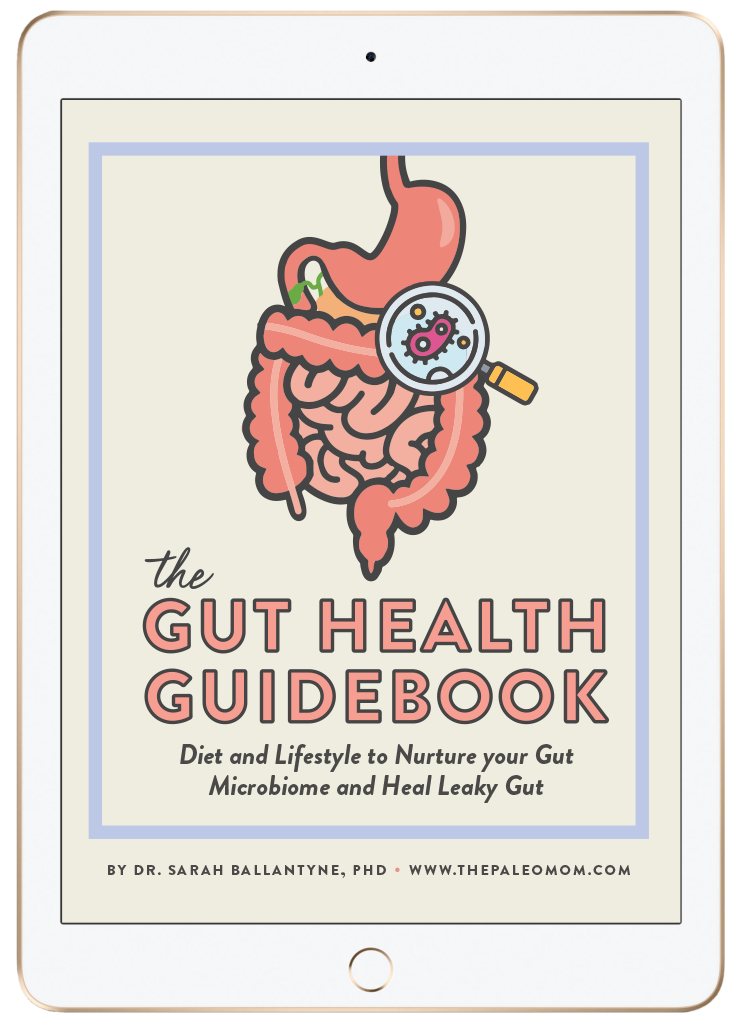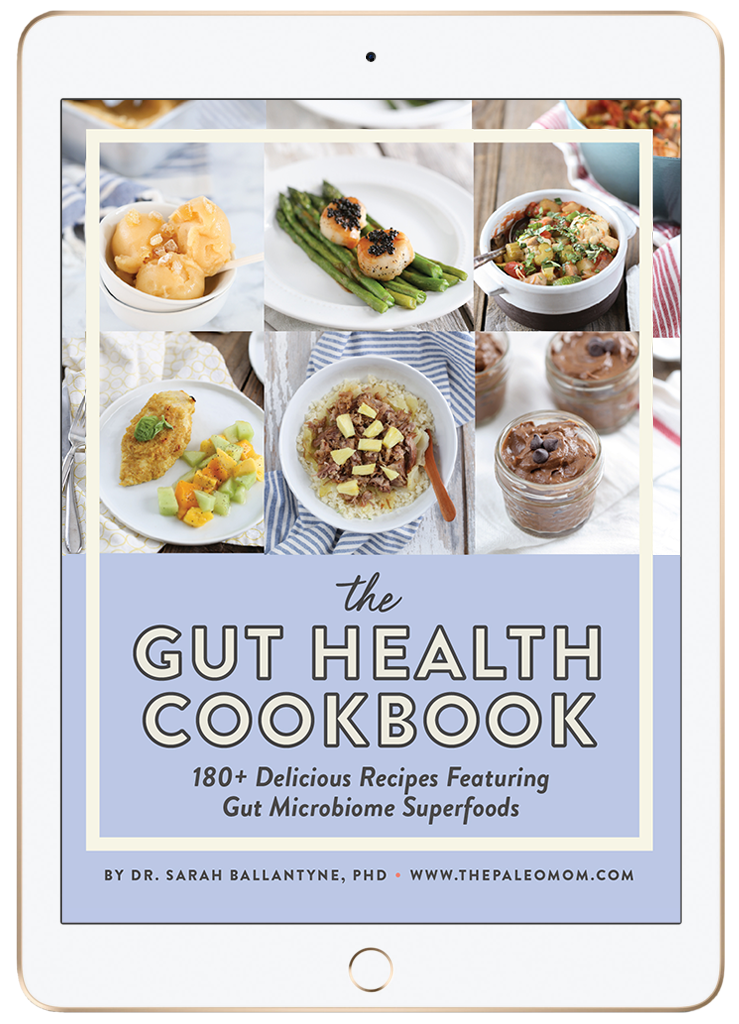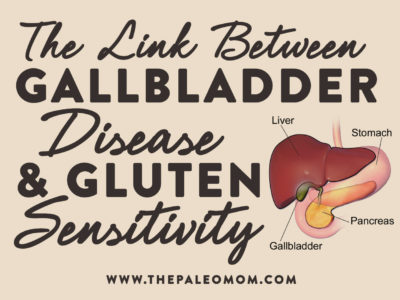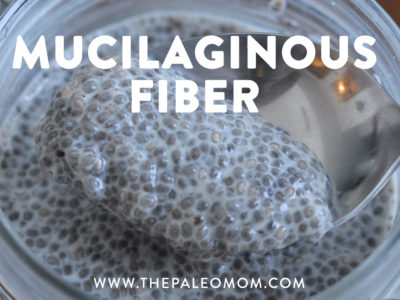Last week I posted a teaser excerpt from The Paleo Approach about the importance of including probiotics (while the book is written from the perspective of autoimmune disease, the benefits of probiotics extend to all health conditions and human health in general). However, there are many people who don’t do well with fermented foods (reasons might include a yeast sensitivity, which is common in people with gluten intolerance, or a histamine sensitivity) or who just plain old don’t like them. So, it’s no surprise that that post prompted a series of questions about probiotic supplements. I have decided to share another excerpt from the book with you to help answer the question of probiotic supplements.
I should probably mention that both of the specific brands of probiotics mentioned in this section are ones that I take myself (and chose after a great deal of research). I’ve been taking these for 4 or 5 months and really like both of them. I also heard Chris Kresser rave about Prescript-Assist (Prescript-Assist changed their formula in 2017. Due to lack of validation trials, I can no longer recommend this supplement.) in his most recent podcast (just in case you were looking for a second opinion!).
This excerpt is from Chapter 8 (the supplements chapter).
As mentioned in Chapter 6,different strains of probiotics confer different effects on your body. However, from the vast array of different probiotic bacteria (approximately 35,000 species), only a handful have been characterized.
As previously mentioned, probiotic supplementation was shown to be beneficial for the management of every autoimmune disease in which it has been tested, including: inflammatory bowel disease, autoimmune myasthenia gravis, celiac disease, rheumatoid arthritis, multiple sclerosis, and autoimmune thyroid disease. However, it is important to note that there is also some conflicting information. In fact, there is convincing evidence that both bifidobacterium and lactobacillus probiotic bacteria (the two most common bacterial genera in probiotic supplements) are a source of autoantibody formation through molecular mimicry in autoimmune thyroid disease (discussed in Chapter 2). Furthermore, there have been reports of severe eosinophilic syndrome—a condition characterized by elevated eosinophils (a type of white blood cell important for the innate immune system) in the blood with damage to cardiovascular system, nervous system, and/or bone marrow—directly attributable to the use of probiotics (both in people with a history of autoimmune disease but also in completely healthy individuals).
What does this mean? If you do not tolerate fermented foods, probiotics are definitely worth trying. The majority of the evidence in the scientific literature supports their potential benefits; however, some caution is advisable. Just as in the case of fermented foods, probiotic supplements can be added after following The Paleo Approach for several weeks (at least 3) in the case of people with severe gastrointestinal symptoms or known bacterial overgrowth.
Which probiotics should you take? Probiotic supplements fall into two categories:
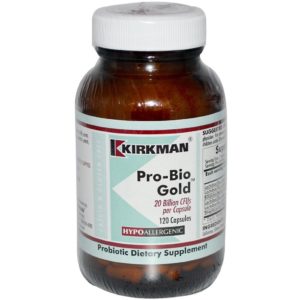 Lactobacillus/Bifidus: Lactobacillus and bifidobacterium are the two most heavily studied genera of probiotic bacteria. They are also the most commonly found in supplement form. It is important to note that even though the majority of scientific studies show health benefits of these strains, these are also the strains that may contribute to autoantibody formation and to severe eosinophilic syndrome in some people.
Lactobacillus/Bifidus: Lactobacillus and bifidobacterium are the two most heavily studied genera of probiotic bacteria. They are also the most commonly found in supplement form. It is important to note that even though the majority of scientific studies show health benefits of these strains, these are also the strains that may contribute to autoantibody formation and to severe eosinophilic syndrome in some people.
If you choose to take a lactobacillus and bifidobacterium supplement, look for a brand with as many different strains as possible (for greater probiotic diversity). However, be cautious: dairy ingredients are common in these types of supplements. Look for a bottle that specifically brands itself as dairy-free, gluten-free, soy-free, corn-free, wheat-free, egg-free, peanut-free, and tree nut-free. Also look for one that is yeast-free if the reason you are taking a probiotic supplement instead of eating fermented foods is yeast sensitivity concerns. One high-quality brand to look for is Kirkman.
Start with a low dose, even breaking open a capsule and sprinkling a small amount in your food or in a small cup of water. Alternatively, you can take your probiotic supplement every 2 or 3 days. Over the course of several weeks, work your way up to the suggested dose on the bottle, taken daily. Some probiotic supplements recommend taking with food while other recommend taking them on an empty stomach. It is typically best to follow the specific recommendation of the brand you are using. If your probiotic supplement does not have directions regarding whether or not to take it with food, first try taking it on an empty stomach. After several weeks, switch to taking with food and see if you notice any improvement.
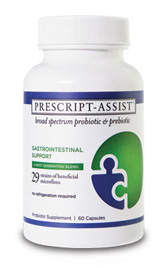 Soil-Based Organisms: While not as extensively studied as probiotics from the lactobacillus and bifidobacterium genera, soil-based organisms hold extreme promise for modulating the immune system and correcting gut dysbiosis. They have been shown to have extreme therapeutic potential in Irritable Bowel Syndrome and provide probiotic organisms that are routinely missing from our modern, over-hygienic lifestyles yet are normal residents of a healthy gut.
Soil-Based Organisms: While not as extensively studied as probiotics from the lactobacillus and bifidobacterium genera, soil-based organisms hold extreme promise for modulating the immune system and correcting gut dysbiosis. They have been shown to have extreme therapeutic potential in Irritable Bowel Syndrome and provide probiotic organisms that are routinely missing from our modern, over-hygienic lifestyles yet are normal residents of a healthy gut.
One brand to look for is Prescript-Assist (Prescript-Assist changed their formula in 2017. Due to lack of validation trials, I can no longer recommend this supplement.) which contains 29 different strains of soil-based organisms and is also dairy-free, gluten-free, soy-free, corn-free, wheat-free, egg-free, peanut-free, tree nut-free and yeast-free (also none of the strains included in Prescript-Assist (Prescript-Assist changed their formula in 2017. Due to lack of validation trials, I can no longer recommend this supplement.) come from the lactobacillus or bifidobacterium genera, or indeed any of the strains typically found in fermented foods). Prescript-Assist (Prescript-Assist changed their formula in 2017. Due to lack of validation trials, I can no longer recommend this supplement.) has one of the best diversity of any probiotic supplements available. Soil-based organisms seem to be better tolerated than lactobacillus and bifidobacterium, although extensive comparisons have not been made.
It is typically recommended to take two capsules daily (divided into two doses) for thirty days, followed by one capsule once or twice per week as a maintenance dose. Because the strains in soil-based organism probiotics are different from the probiotic strains typically found in fermented foods, it is worth strongly considering taking a soil-based probiotic even if you are eating fermented food or taking a lactobacillus and bifidobacterium-based probiotic supplement.
Interested in learning even more about The Paleo Approach? This video from my YouTube Channel is just a quick tour (the book is so big that giving you a broad overview takes 13 minutes!) but you get to see just how comprehensive and detailed this book is.
Bittner AC, Croffut RM & Stranahan MC, Prescript-Assist probiotic-prebiotic treatment for irritable bowel syndrome: a methodologically oriented, 2-week, randomized, placebo-controlled, double-blind clinical study, Clin Ther. 2005 Jun;27(6):755-61.
Bittner AC, et al., Prescript-assist probiotic-prebiotic treatment for irritable bowel syndrome: an open-label, partially controlled, 1-year extension of a previously published controlled clinical trial, Clin Ther. 2007 Jun;29(6):1153-60
Jirillo E, Jirillo F & Magrone T, Healthy effects exerted by prebiotics, probiotics, and symbiotics with special reference to their impact on the immune system, Int J Vitam Nutr Res. 2012 Jun;82(3):200-8
Kiseleva EP, et al., The role of components of Bifidobacterium and Lactobacillus in pathogenesis and serologic diagnosis of autoimmune thyroid diseases, Benef Microbes. 2011 Jun;2(2):139-54.
Klaenhammer TR, et al., The impact of probiotics and prebiotics on the immune system, Nat Rev Immunol. 2012 Oct;12(10):728-34
Kverka M & Tlaskalova-Hogenova H, Two faces of microbiota in inflammatory and autoimmune diseases: triggers and drugs, APMIS. 2012 Oct 24.
Mendoza FA, et al., Severe eosinophilic syndrome associated with the use of probiotic supplements: a new entity?, Case Report Rheumatol. 2012;2012:934324
Veerappan GR, Betteridge J &Young PE., Probiotics for the treatment of inflammatory bowel disease, Curr Gastroenterol Rep. 2012 Aug;14(4):324-33.
Vyas U & Ranganathan N., Probiotics, prebiotics, and synbiotics: gut and beyond, Gastroenterol Res Pract. 2012;2012:872716.


